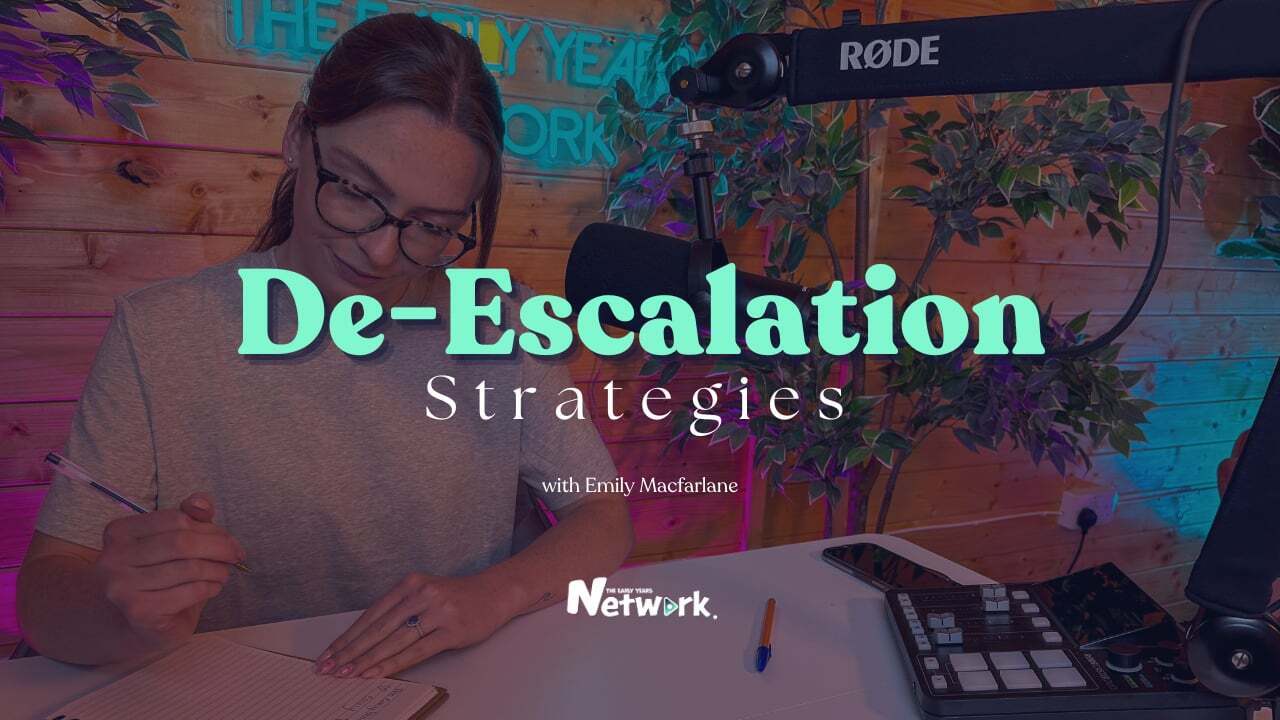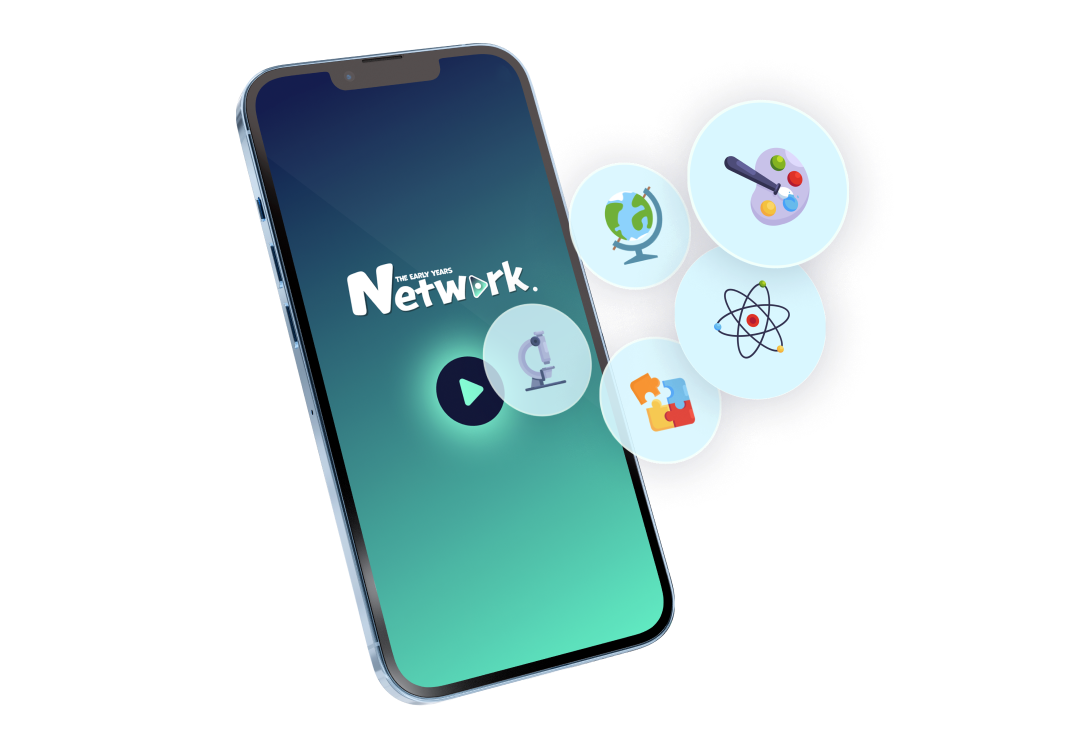Welcome to Lesson Five of "De-escalation: 5 Early Years Strategies." In this lesson, we'll explore our fourth strategy: Letting Go of Control. It can be challenging to give a child in a heightened state control, but sometimes, that's exactly what they need. Start with simple choices, like asking, "Would you like a cuddle?" to give them a sense of control.
Once an emotion is identified, offer choices for calming tools, like "Which tool will help you feel better, A or B?" Be prepared for initial resistance and persistent "NO" responses. Stay calm and regulated, and continue offering choices. As children feel more in control, they may begin to calm down, seeing that their decisions lead to desired outcomes. This lesson emphasises the importance of allowing children to take control to help them regulate their emotions.






